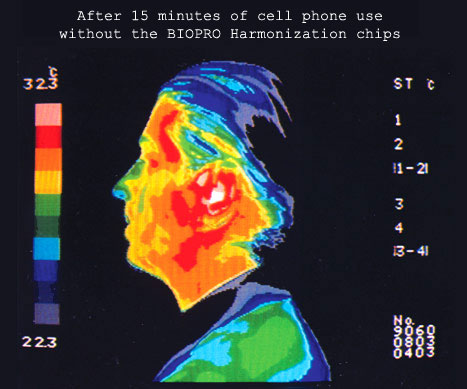Radiation is energy that travels in the form of waves or high speed particles.
When you see the word radiation on this, it is referring to the types of radiation used in nuclear power, nuclear weapons, and medicine. These types of radiation have enough energy to break chemical bonds in molecules or remove tightly bound electrons from atoms, resulting in creating charged molecules or atoms (ions). These types of radiation are referred to as 'ionizing radiation.'
Radioactive materials that decay emit ionizing radiation, which has enough energy to strip away electrons from atoms or to break some chemical bonds. The body tries to repair the damage, but sometimes the damage cannot be repaired or it is too severe or widespread to be repaired. Mistakes made in the natural repair process can lead to cancerous cells.
Stochastic effects are associated with long-term, low-level (chronic) exposure to radiation. Cancer is considered by most people the main health effect from this type of radiation exposure.
Non-stochastic effects appear in cases of exposure to high levels of radiation, and become more severe as the exposure increases. It is called acute exposure. Many non-cancerous health effects of radiation are non-stochastic. Unlike cancer, health effects from acute exposure to radiation usually appear quickly. Acute health effects include burns and radiation sickness, or it can be called radiation poisoning. It can cause early aging or death.
Exposure Intensity, Health Effect, Time without Treatment
5-10 changes in blood chemistry
50 nausea in hours
55 fatigue
70 vomiting
75 hair loss in 2-3 weeks
90 diarrhea
100 hemorrhage
400 possible death within 2 months
1,000 destruction of intestine lining
internal bleeding and death in 1-2 weeks
2,000 damage to central nervous system
and loss of consciousness in minutes
and death in hours to days
Children are more sensitive to radiation then adults because they are growing more rapidly and since there are more cells dividing, there is a greater opportunity for radiation to disrupt the process. Scientists believe that small doses of radiation can be beneficial.
This information was gained at this website:http://www.epa.gov/rpdweb00/
The title for this post leads to the main page on radiation for this website.
Wednesday, February 11, 2009
Subscribe to:
Post Comments (Atom)


No comments:
Post a Comment